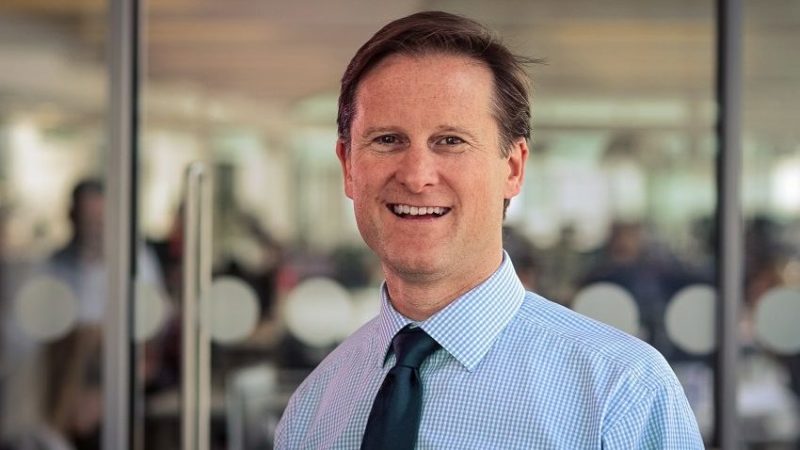Tighter governance at Hargreaves Lansdown appears to have helped it swerve significant financial damage due to its involvement in the Woodford scandal, as well as weather the Covid crisis, as profit leapt 24% over the past year.
Full-year results to the end of June revealed net new business of £7.7bn which took total assets under administration to £104bn. It also posted a 15% increase in revenue of £551m while underlying profit before tax was up 11% at £339.5m.
It added 188,000 active clients over the year, taking the total to 1.4 million.
Writing in the results, Hargreaves Lansdown chief executive Chris Hill (pictured) said the firm revamped its governance processes during the year because it was essential to learn lessons from the firm’s involvement in the Woodford saga.
Hill said: “We recognise the need to constantly develop and improve our offering to ensure we are delivering what our clients need. At the same time, as a leading financial services company we have a responsibility to play a key part in setting industry standards. As such it was essential that we learnt from the experience surrounding the Woodford issue last year.”
Hargreaves is facing class action litigation for its cheerleading of the Woodford Equity Income fund and continuing to include it in its Wealth 50 despite having concerns about the fund’s the level of illiquid assets since late 2017. It is also under fire for the level of knowledge senior management was privy to while doing so.
Investors are still stuck in the Equity Income fund which the fund’s authorised corporate director Link Fund Solutions is slowly paying out.
In June, Hargreaves was overtaken by Vanguard and AJ Bell in Which?’s annual investment platform customer satisfaction survey in light of the Woodford scandal. Hargreaves plunged from second to joint sixth place in the survey which polled 1,449 investors, 642 of which were Hargreaves customers.
Hill said the firm’s Wealth Shortlist, a revamped version of its predecessor the Wealth 50, came about following significant work to review the firm’s governance and research among its clients.
Research included interactions with more than 8,000 clients through surveys and face-to-face interviews exploring how they use the platform.
As a result, the Wealth Shortlist is overseen by an independent panel separate from Hargreaves Lansdown’s existing product governance committee, including two independent directors to oversee governance and investment decisions.
Hargreaves said the new best buy list includes improved search tools and a more structured view of its research to provide clients with essential information to make investment decisions.
“These developments will ensure that not only our Wealth Shortlist and Fund Finder tool, but also future investment propositions and wider developments, will also have a robust, thorough and transparent governance structure behind them,” said Hill. “We recognise how evolving the role of governance provides additional rigour and challenge to our decisions and results in better outcomes.”
Hill also said investment in the firm’s service and technology over the past few years helped Hargreaves respond to the Covid crisis “with agility”.













